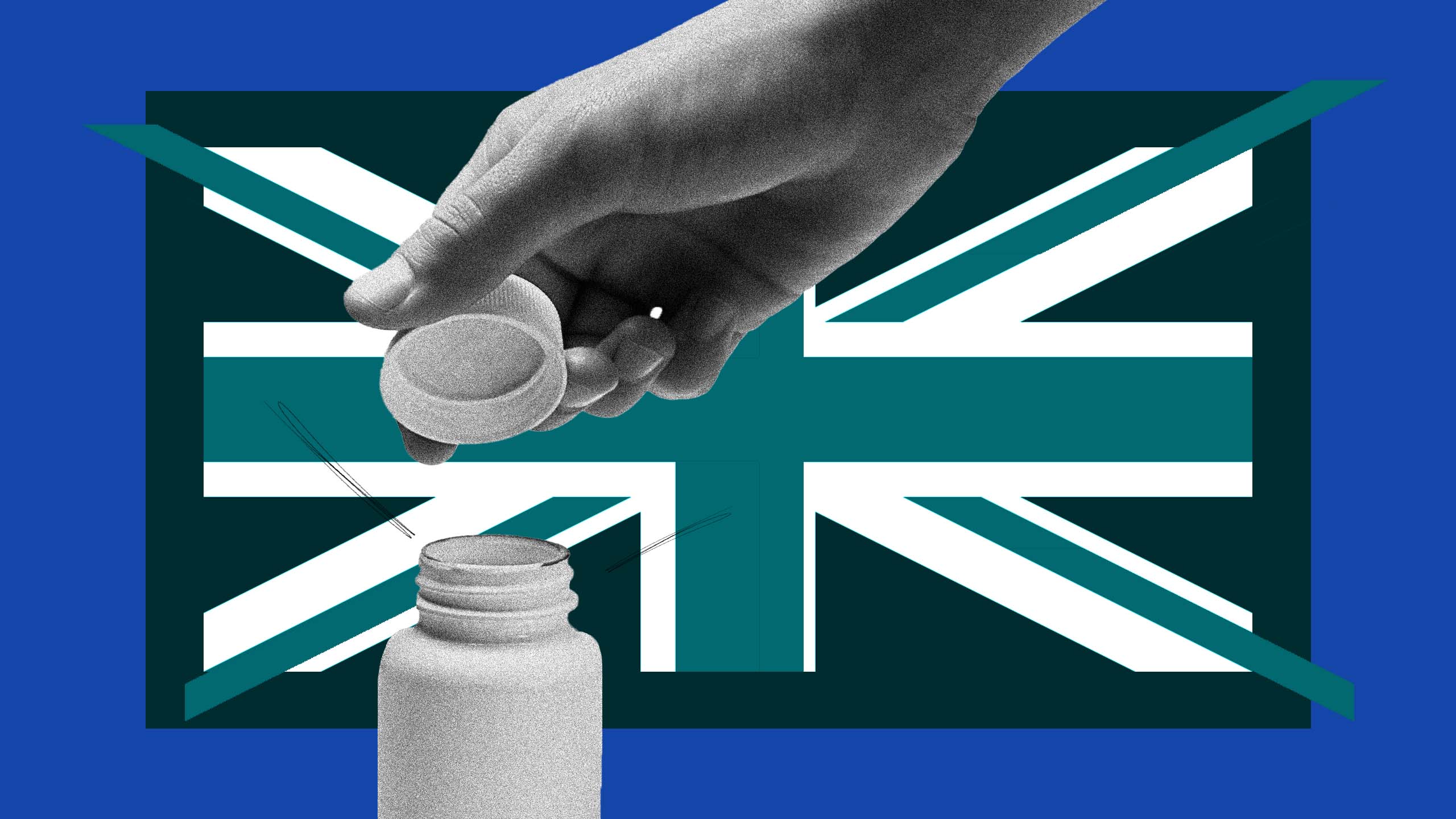Despite countries around the world making huge strides in eliminating HIV, a recent study has shown that a lack of access to PrEP is causing a major roadblock in the U.K. Nearly 65 percent of people are unable to readily access PrEP in England, according to a report conducted by the National AIDS Trust, the Terrence Higgins Trust, PrEPster, Sophia Forum and One Voice Network.
According to the study, which collected data from over 1,120 subjects, 35 percent of folks reported that they’d waited no less than 12 weeks for a PrEP appointment at a sexual health clinic, while 57 percent said they’d waited more than 12 weeks to be seen. Additionally, 40 percent of participants said they’d experienced booking issues while trying to schedule PrEP appointments online, and 30 percent reported difficulty getting through to clinics over the phone. Twenty-three percent said they weren’t granted appointments due to a lack of availability. Forty-eight percent also claimed to have experienced mental health issues related to the long wait-times and general inaccessibility.
This is especially egregious considering the country’s national objective of ending HIV transmissions by 2030. However, overall new diagnosis rates have been generally declining over the past decade.
With the government having promised a robust PrEP action plan in their HIV action plan last year, the organizations who led this study have been calling on the government to improve access to the life-saving drug according to to Pink News UK, a queer news publication.
Studies around the world have shown that government coverage of the preventative drug greatly reduces the spread of HIV.
In Canada, each province has a coverage plan for PrEP except for Manitoba, which suffered the third highest HIV diagnosis rate in Canada in 2019, according to a 2020 anthropological study conducted by McMaster University in Ontario.
Meanwhile, Ontario residents have prescription access under certain plans, but financial barriers to access continue to impact low-income individuals who don’t have insurance, as the medication can cost anywhere from around $200 to almost $900 (CAD) per month. Coverage plans are limited in Quebec as well, where even under the Quebec Health Insurance Plan, patients could still pay up to $87.16 (CAD) per month. These discrepancies caused Quebec and Ontario to rank second and fourth respectively in terms of HIV diagnosis rates, with Saskatchewan coming in first place.
Aaron Purdie, Executive Director at Vancouver-based sexual health organization Health Initiative for Men (HIM) noted that a nationwide shortage of medical care providers could be contributing to increased wait times for care, in addition to stigma-based barriers.
“In certain instances, medical care providers do not learn the process to get people onto the medication. Sometimes they claim that they have ‘no queer clientele,’” he said in a statement to Xtra. “We think that there are plenty of queer people who would access care at their primary care provider but are burdened with worry about how they will be treated.”
In the U.S., a study published earlier this month by the American healthcare company GoodRx also shows that enhancing pharmacists’ ability to prescribe PrEP greatly boosts patients’ accessibility to the life-saving drug. According to Fierce Healthcare, an American healthcare news site which obtained the research exclusively, fills for PrEP increased by 24 percent in states that passed pharmacist prescriber policies for medication over the course of one year, and by 110 percent after two years.
However, states that did not expand pharmacists’ prescribing powers saw little to no growth in PrEP fills, suggesting that pharmacists play a big role in aiding those with a lack of resources to get ahold of these life-saving, preventative measures.
With the monkeypox virus still a factor in all three countries, experts have indicated that LGBTQ2S+ healthcare should be a bigger priority at a national level.
“PrEP should be easy to give to anyone who needs it,” Deborah Gold, chief executive of National AIDS Trust, told Pink News. “Clinics are under immense strain due to COVID-19 and are now having to deal with the country’s monkeypox response without additional funding and support.”


 Why you can trust Xtra
Why you can trust Xtra


